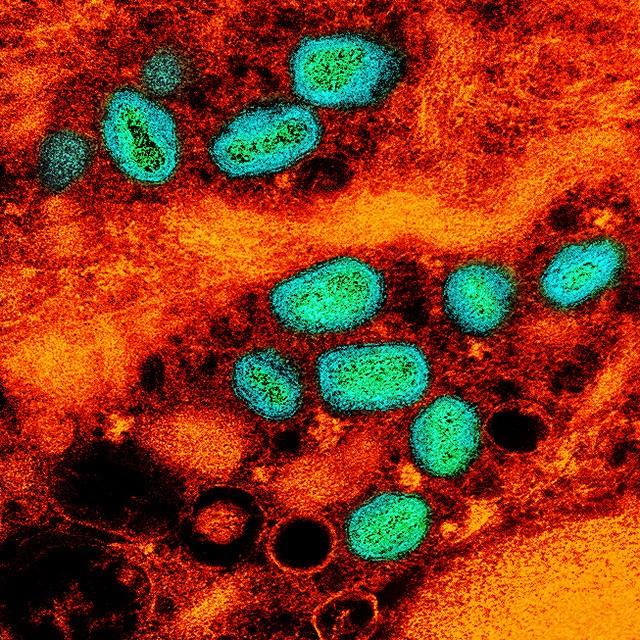A study published in Nature Communications last week describes how markers of brain injury are present in the blood months after COVID-19 infection, despite normal inflammation blood tests.
The findings, which come from research teams at the University of Liverpool and King’s College London, add to the complicated picture of how COVID-19 can cause a range of neurologic symptoms.
During the COVID-19 pandemic it became apparent that neurological complications were occurring in a significant proportion of hospitalized patients.
"During the COVID-19 pandemic it became apparent that neurological complications were occurring in a significant proportion of hospitalized patients and even in those with mild COVID-19 infection," Benedict Michael, PhD, principal investigator, said in a study press release.
The present study looked at blood samples from 800 patients hospitalized with COVID-19 from across England and Wales, half of whom had new neurologic conditions. Researchers looked at blood levels of serum inflammatory proteins (cytokines), antibodies, and brain (neuroglial) injury proteins.
The authors found that in the early convalescent phase (less than 6 weeks post-infection), markers were elevated in participants recovering from COVID-19, with no differences between those who had or had not experienced a neurologic complication. After 6 weeks, elevated markers were seen only in participants who suffered neurologic symptoms in the acute phase of illness.
"These brain injury markers are associated with dysregulated systemic innate and adaptive immune responses in the acute phase of the disease, and suggest that these may represent targets for therapy," the authors said.









